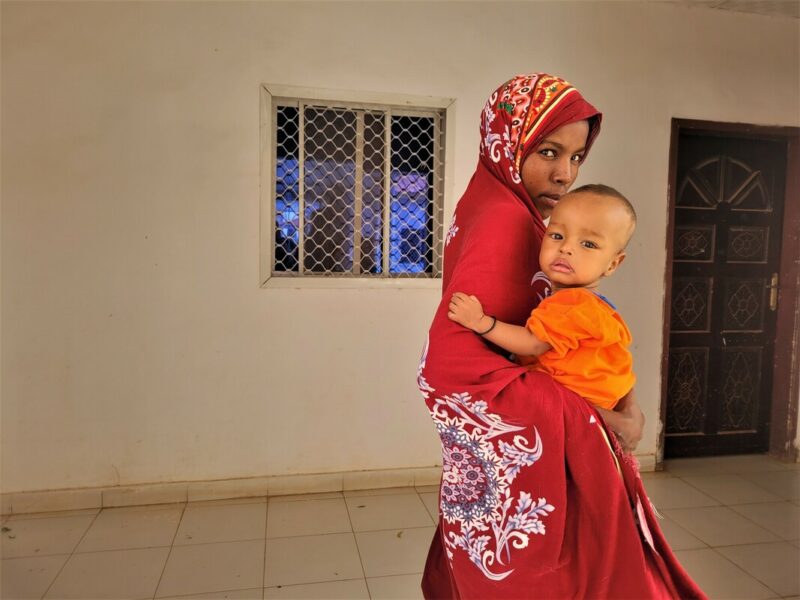Despite representing 43% of the agricultural labour force in developing countries, women access only a fraction of the productive assets, inputs, training and information compared to men. The UN Food and Agriculture Organisation estimates that agricultural production could increase by 2.5-4% if women had the same access to training, finance, land and markets as men, which could, in turn, result in 100 to 150 million fewer people suffering from hunger.
CARE has worked with many donors and private sector partners to co-create the most effective ways of providing the poorest and most vulnerable people—especially women—with sustainable income, ensuring they are no longer excluded from the opportunities provided by a business.
We can work with your company to create inclusive models that drive business sustainability and improve livelihoods for the world’s poorest people.

What can CARE offer?
Our experience working with companies in global value chains includes:
- Gender audits and HR policy support to get more women involved.
- Technical training specifically aimed at women to improve their agricultural skills.
- Engagement with communities to enhance production and financial management skills within families.
- Linkages between companies and producer communities.

What role can industry play in promoting gender equality in agriculture?
Policies
Ensuring suppliers have adequate policies which consider gender equality and supporting them to make improvements.
Opportunities
Ensuring women at all levels of the value chain have equal access to training and skills development opportunities.
Communities
Investing in broader women’s empowerment and dialogue initiatives within sourcing communities to tackle social norms which may prevent women producers from achieving their full potential.
Banner image: ©CARE

